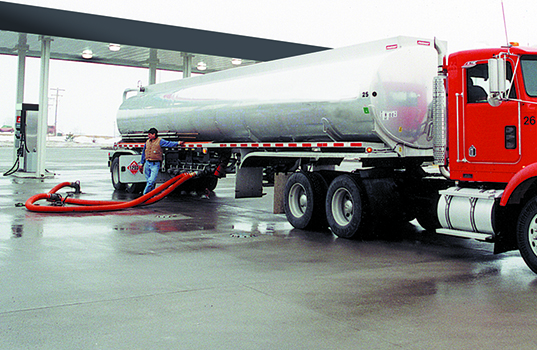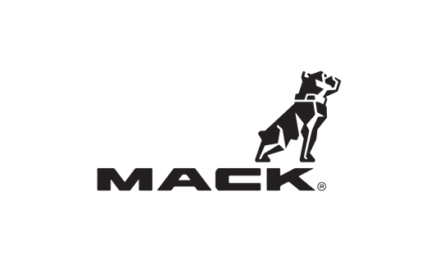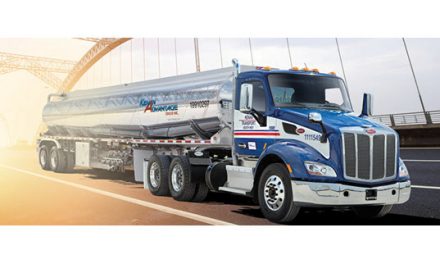By Brian Reynolds
The future is automation to the highest degree possible. The problem with a total reliance on automation, as it applies to the petroleum industry, is that petroleum is a commodity and supply disruptions happen constantly with little to no notice. Automation often can’t cover every supply nuance during a disaster—weather related or otherwise. So, having an in-depth knowledge of the product and important one-on-one relationships is equally essential. You had better be good at talking on the phone and know how to make friends!
Another thing about information technology is that frequently there are dissimilar systems and databases that create the need for customization. NACS and Connexus for the past 20 years have been working hard to promote a common standard for data transfer called the NACS XML (NAXML).
Unfortunately, major oil companies have been reluctant to fully embrace standardized technology. To this day there are 100s of different formats that should be standardized into a simple CSV or Excel file.
One of the most sought-after pieces of information is a bill of lading (BOL), which is the basis for invoicing. A BOL is not an invoice, but a document that simply states how many gallons (net and gross) are on board a delivery truck.
You still have BOLs printed on paper and handed to the delivery driver, then further mailed to the company bookkeeper. This one document can hold up invoicing for several days and is problematic when actual payment terms to the oil company are usually around 10 days. Frequently, a driver loses the BOL or hands it to a store clerk who may misplace it.
There are some electronic BOL offerings in the industry, but they tend to be limited to specific terminals, involve scanning solutions (which require a motivated and reliable driver), or involve sophisticated algorithms to try and match numbers and fields from different data formats. Some of the latter work fairly well, but they are still subject to mistakes and take time. There are services, for a fee, at many loading terminals in the U.S. where an eBOL can be made available
Standardizing a file format whereby an oil company supply terminal emails or FTPs a simple document would be revolutionary to the petroleum industry.
So, what are the next big developments (hopefully) that are going to take place in the next 5–10 years to impact the petroleum supply chain? Here is my take:
- Standardizing an eBOL file format by the major oil companies
- Standardizing and conversions of current database formats with Connexus NACS XML (NAXML)
- Standardizing delivery truck electronic data communications with onboard GPS tracking and the integration of Geocode (electronic GPS address)
- Converting existing back office technologies to true web apps and full capabilities using hand-held devices
- Bluetooth and cloud-based technologies within a convenience store
- Better embracing of KPI metrics for truly understanding not only profits but losses. Losses are not always clearly understood with petroleum due to temperature and other forms of loss. The cost for accurately determining losses can be more expensive than the loss itself. Fuel losses typically can be 100 to 200 gallons before an investigation occurred. This is also why the BOL is critical to understand how much product was delivered.
- B2C is starting to advance quickly. For example, Dover Fueling Solutions’s Wayne provides a touch-screen fuel dispenser that connects the customer to the store and utilizes advanced technology, such as facial recognition, to better connect with consumers. The result of such efforts is better service, such as support for food/beverage sales inside the store.
What are the capabilities that future supply chain employees will need as these advances move into the industry? A new breed of logistic experts focused on technology and automation is being eased into the petroleum marketing industry, and the dispatcher role may start looking different soon. I will always maintain that understanding technology will forever be part of the game, but equally important is people-handling skills, and that is something I believe you are born with and perfect over time.
The skill set required is not that of a programmer but a good systems operator that can utilize systems completely. An investment in employee user group attendance and constant training is paramount to success. Also, dispatchers typically aren’t buyers or negotiators, but sometimes that is unavoidable. Having a real-time working knowledge of a company’s needs for credit and allocation is extremely important. In today’s environment, successful marketers rely on high volume, and it isn’t uncommon for marketers to have credit needs in billions of dollars per year.
 Brian Reynolds began his career working as a teenager in his family-owned jobbership in Cisco, Texas, and was at the forefront of many significant industry milestones. Reynolds was an early adopter of cardlock systems in the 1980s, a pioneer of high-volume supermarket fueling centers in the 1990s and one of the key architects of inventing reward-based fueling loyalty in the 2000s. He currently works for Dover Fueling Solutions in ClearView, wet stock management sales.
Brian Reynolds began his career working as a teenager in his family-owned jobbership in Cisco, Texas, and was at the forefront of many significant industry milestones. Reynolds was an early adopter of cardlock systems in the 1980s, a pioneer of high-volume supermarket fueling centers in the 1990s and one of the key architects of inventing reward-based fueling loyalty in the 2000s. He currently works for Dover Fueling Solutions in ClearView, wet stock management sales.









